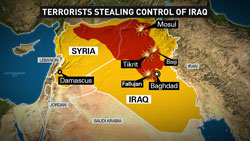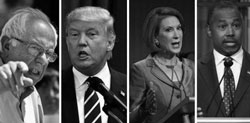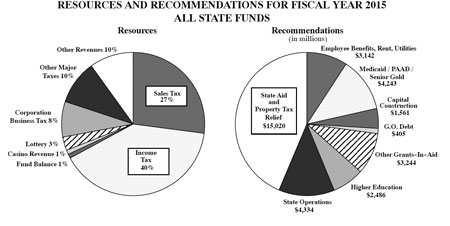The Islamic State (formerly the Islamic State of Iraq and Syria) has beheaded a second American journalist within the past two weeks. In addition to the loss of James Foley 40, Steven Sotloff 31, has become a victim of international politics.
According to Reuters, Foley covered topics such as public demonstrations in Aleppo, Syria, just as Sotloff “spent years in the Middle East writing for publications including Time and Foreign Policy” as per the Wall Street Journal.
On Saturday May 31, 2014, the White House administration facilitated an exchange with Taliban terrorists, a deal involving Bowe Bergdahl and five detainees at Guantanamo.
The US Government has an inherent stake in protecting troops abroad, no such protection exists for journalists. Dr. Eleanor Novek, professor of communication said, “Organizations like the Committee to Protect Journalists and Reporters Without Borders attempt to raise public awareness and support for journalists in danger zones around the world. But these are nonprofit groups with limited funds.”
The problem becomes even more specific when dealing with freelance journalists, as in the case of Foley and Sotloff.
Novek continued, “A large news organization may be able to provide legal help for a journalist who has been detained. But in recent years, some news organizations have been pulling out of danger zones, leaving independent journalists to cover the most dangerous areas, and they have no protections.”
Foley and Sotloff were able to illustrate pictures of warfare that Americans only had the slightest glimpse of through their writings. These journalistic exploits regarding foreign issues however create little political motivation. Novek explained, “When [freelancers] tell stories that capture the public’s interest and indignation, they may inspire people to mobilize in support of an issue and demand change from their elected officials.”
She continued, “but Americans are often not interested in international news because they mistakenly perceive it to be irrelevant, so news coverage may not lead to any policy change.”
According to the Committee to Protect Journalists, Syria ranks as the deadliest country for journalists. In 2014 Syria has been confirmed as the location for the murders of 7 journalists.
Also according to the CPJ, the journalists killed in the Middle East were covering a variety of topics, including warfare, business and corruption, as well as sports and culture.
The next obstacle for the U.S. to surmount is the prevention of subsequent killings. When asked about the manner in which the Islamic State should be confronted, Dr. Saliba Sarsar, professor of political science, offered a view beyond the scope of the U.S.
“The killing of a single life is unacceptable, let alone the destruction of many lives, livelihoods, sacred sites, and property. What the Islamic State (IS, formerly, ISIS)—a Sunni jihadist group in the Middle East—is doing is both criminal and sinful.” The crisis in the Middle East, according to Dr. Sarsar, spans across national ties.
He continued, “its brutal actions—ethnic cleansing, religious persecution, sexual violence against women, indoctrination of children, and war crimes—run counter to basic human values and practices.”
Rezwan Ahmed, a political science and business major said, “I think the murders demonstrate the brutality of IS, and that it’s a group you genuinely cannot negotiate with.”
Sarsar added, “it behooves the world community to address this horror immediately, not only in terms of joint diplomatic and military campaigns to neutralize IS, but also in an educational, socioeconomic, and interfaith movement to inspire the youth and others towards human dignity, peaceful coexistence, good governance, and prosperity.”
Samah Khalifa, a political science major with a concentration in international relations, said “All extremists groups like Al-Qaeda, Taliban, and ISIS gain legitimacy by people within the state and the international community fearing them.”
She continued to reason that the U.S. cannot remove international reporters because that is a representation of fearing the enemy. “If the United States were to limit the movement of journalists in their reporting then ISIS has successfully created fear not only in Syria or Iraq but Western States as well.”
IMAGE TAKEN from WordPress.com




